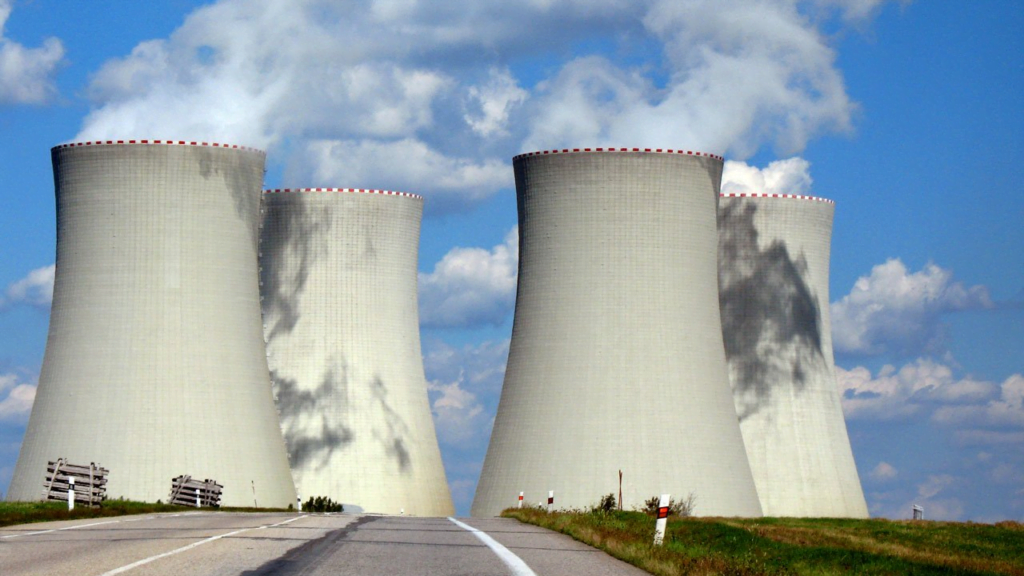The UK government has begun official talks with the Nuclear Decommissioning Authority (NDA) to facilitate the construction of a new nuclear power plant in Wales.
Speaking on twitter Kwasi Kwarteng said:
“NEW – we’ve started formal discussions with @NDAgovuk to develop a new nuclear project at Trawsfynydd.
To power Britain’s nuclear renaissance, we need to secure £billions of investment at decommissioned sites to create jobs and boost energy security.
The Nuclear Decommissioning Authority is working with Welsh development firm Cwmni Egino for the siting of the nuclear plant at NDA’s site in Trawsfynydd, north Wales.
NDA CEO David Peattie said: “As well as delivering our mission, we’re committed to helping the government in supporting its energy goals and our partnership with Cwmni Egino, around the potential future use of land at Trawsfynydd, is testament to our continued support of government policy and our socio-economic obligations.”
This aligns with the government’s Energy Strategy, which said that the government wants to “lead the world once again” in nuclear power, reversing “decades of underinvestment.”
We previously heard that the focus on nuclear power might lead to the building of up to eight new reactors at existing sites.
Currently, the UK has 11 operational nuclear reactors at five locations, and we generate about 15% of our electricity from 7 GW of nuclear capacity.
How will this impact consumers bills?
It has been claimed that the government’s initiatives to develop additional nuclear power facilities may actually raise household energy expenses.
During the early phases of development, a new reactor will “add at most a few pounds per year to ordinary family energy costs,” officials stated.
This of course is the last thing customers want, with Energy Bills already soaring, and expected to rise even further due to Ofgem increasing the price cap.
Not to mention the cost-of-living crisis sweeping the country, impacting everything from food to energy.
According to EDF, the cost of funding the Sizewell C nuclear power station, the only one presently under construction, will add up to £12 per year to household energy costs at its peak.
According to opposition legislators, if the price of the proposals were spread between eight such identical projects, it would equate to an £84-a-year rise in bills, which is surprising to many.
However, the Government are taking a different stance, saying that his would save consumers money in the long term since developers will have more cash up front and will be less inclined to take out loans.
When asked whether putting bills up in the short term was worth the political gamble, Mr Kwarteng said: “Absolutely. People here really want to see new investment, jobs, opportunity for their kids and their community.”
It has already been announced that people living close to nuclear power stations and onshore wind farms could get lower energy bills, however this will only positively affect an extremely small number of people.
